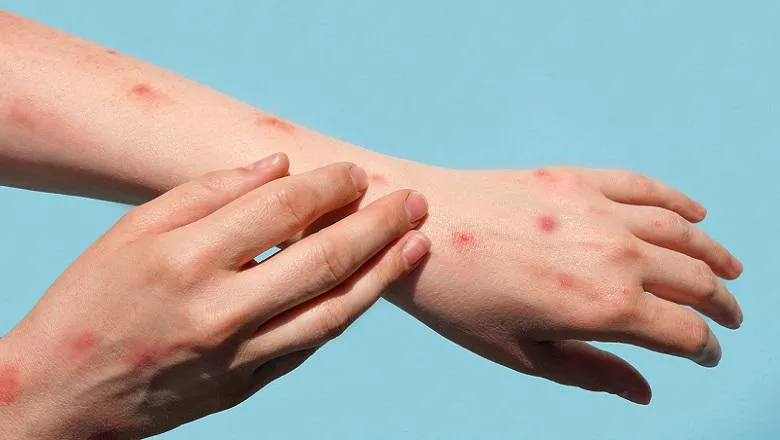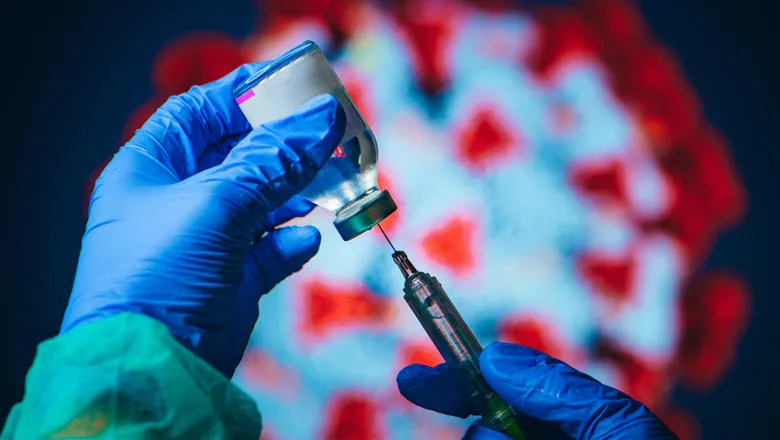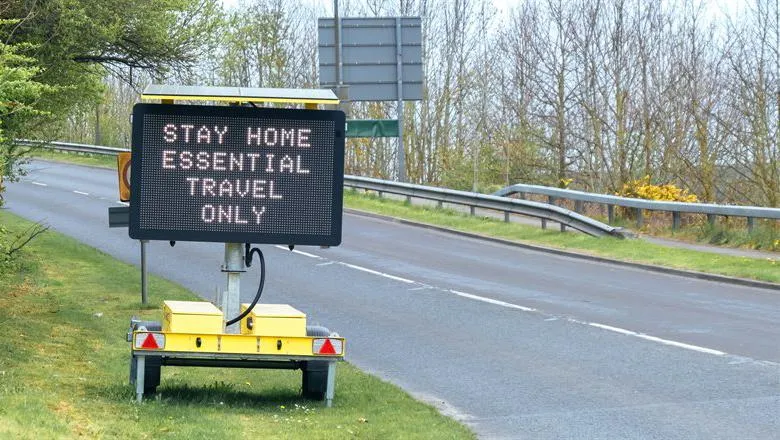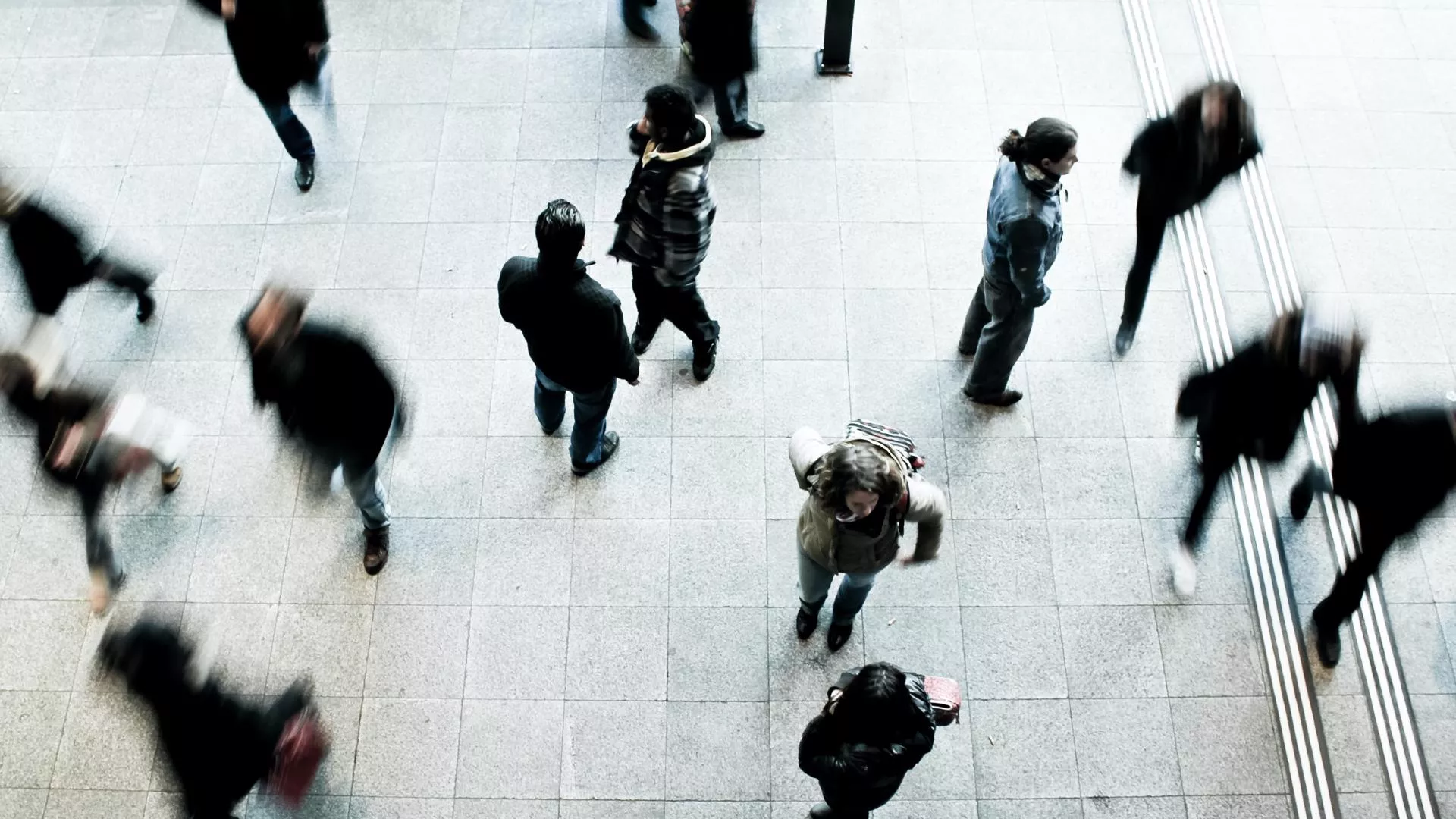
Dr Louise Smith
Post-doctoral researcher, UK Health Security Agency
Contact details
News
Engaged and informed communities are more likely to adapt their behaviour during disease outbreaks
New research from a team led by Dr Louise Smith and Professor James Rubin from the Institute of Psychiatry, Psychology & Neuroscience (IoPPN) at King’s...

Vax now or vax later – what do parents think of mandatory vaccination?
New research from the Institute of Psychiatry, Psychology & Neuroscience (IoPPN) at King’s College London has assessed parental preference for a mandatory...

Opening windows for short periods of time could help prevent COVID-19 transmission
As the public begin to meet inside again, research shows that a quarter don’t open their windows despite knowing it can help reduce transmission.

Support needed to adhere to Test, Trace and Isolate
New analysis conducted by researchers at the NIHR Health Protection Research Unit (HPRU) in Emergency Preparedness and Response, King’s College London, UCL...

2 out of 3 people would have a Covid-19 vaccine
Scientists at King’s College London and Keele University have found that 64% of people would be likely to have a Covid-19 vaccination when one became available.

People who thought they'd had COVID-19 were less likely to follow April lockdown rules
New research from King’s College London reveals an individual’s beliefs about whether or not they’d had COVID-19 influenced how likely they were to follow...

Effective test, trace and isolate needs better communication and support
New research led by King’s College London has shown that the majority of the UK public report an intention to carry out test, trace and isolate behaviours if...

Better support may help people with COVID-19 symptoms to self-isolate
A new study led by King’s College London researchers has shown that during the UK lockdown period, people who received support from outside their home were...

Spotlight
Understanding behaviour during crises
Over the past decade, King’s researchers have navigated the delicate but essential line between providing timely yet rigorous evidence in times of crises....

News
Engaged and informed communities are more likely to adapt their behaviour during disease outbreaks
New research from a team led by Dr Louise Smith and Professor James Rubin from the Institute of Psychiatry, Psychology & Neuroscience (IoPPN) at King’s...

Vax now or vax later – what do parents think of mandatory vaccination?
New research from the Institute of Psychiatry, Psychology & Neuroscience (IoPPN) at King’s College London has assessed parental preference for a mandatory...

Opening windows for short periods of time could help prevent COVID-19 transmission
As the public begin to meet inside again, research shows that a quarter don’t open their windows despite knowing it can help reduce transmission.

Support needed to adhere to Test, Trace and Isolate
New analysis conducted by researchers at the NIHR Health Protection Research Unit (HPRU) in Emergency Preparedness and Response, King’s College London, UCL...

2 out of 3 people would have a Covid-19 vaccine
Scientists at King’s College London and Keele University have found that 64% of people would be likely to have a Covid-19 vaccination when one became available.

People who thought they'd had COVID-19 were less likely to follow April lockdown rules
New research from King’s College London reveals an individual’s beliefs about whether or not they’d had COVID-19 influenced how likely they were to follow...

Effective test, trace and isolate needs better communication and support
New research led by King’s College London has shown that the majority of the UK public report an intention to carry out test, trace and isolate behaviours if...

Better support may help people with COVID-19 symptoms to self-isolate
A new study led by King’s College London researchers has shown that during the UK lockdown period, people who received support from outside their home were...

Spotlight
Understanding behaviour during crises
Over the past decade, King’s researchers have navigated the delicate but essential line between providing timely yet rigorous evidence in times of crises....

